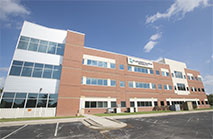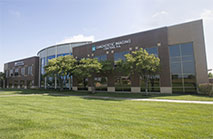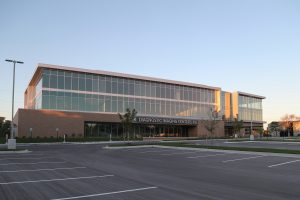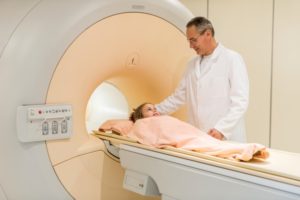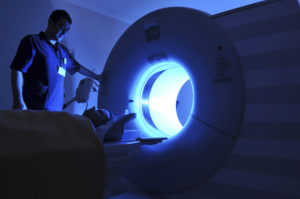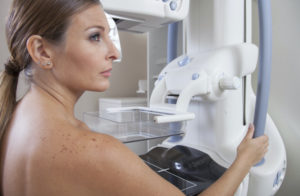Kinds of Breast Cancer, Different Kinds of Treatment (Celebrating Science Version)
 Whoa. Time to halt the works and talk science. Not she-blinded-me-with kind, but the they-opened-our-eyes kind. There’s a recent study we want to tell you about – it’s all about genes and breast cancer and the impact can be seriously good news for women with early stage breast cancer. Let’s start with the basics:
Whoa. Time to halt the works and talk science. Not she-blinded-me-with kind, but the they-opened-our-eyes kind. There’s a recent study we want to tell you about – it’s all about genes and breast cancer and the impact can be seriously good news for women with early stage breast cancer. Let’s start with the basics:
Genes are the way our traits are handed down from family members, be it eye color or hair color or left-handedness. It can be fun and interesting to note the qualities we share with parents, grandparents, siblings and more! It can also be more serious than that.
We’ve talked before about the BrCa gene (discovered by a hero, Dr. Mary-Claire King), a family trait that carries an incredibly high risk of breast and ovarian cancers. (It’s a good thing there are organizations like Bright Pink that are here to help!) It’s also important to know that even without BrCa specifically, there are other less-well-understood family traits handed down that also increase breast cancer risk.
It is being shown that genes don’t just help us determine how breast cancer travels in a family, but also what kind of breast cancer you have. You may have heard the term “triple-negative” breast cancer and that refers to certain genes in one specific type of breast cancer. It is becoming clear that knowing what kind of cancer and one’s genetic makeup can help determine the best course of treatment which can save time, side-effects, and yes, lives.
In his somewhat heady but very interesting TED talk from ten years ago, Juan Enriquez cited the HER2-receptor and its effect on the functioning level of certain medicines. (His comments start around 14:28 here.) Science is showing that the genetic code of your cancer can be the short-cut to skipping ineffective treatments and getting right to ones that can save your life!
And that was just one lesser-known fact from ten years ago – so why are we so psyched about the recent news we promised to share just paragraphs earlier? Because the New England Journal of Medicine published a five-year study about seventy (70!) genes that can help us understand – and treat – breast cancer better!
We realize that as medical doctors and science fans that not everyone will get as giddy as we do over a 70-gene panel test. But even the New York Times thought you, thought everyone, should know! These findings can “apply to to 35,000 to 40,000 women a year in the United States” alone. The more information doctors have, the more doctors can help, and in this case, perhaps help women by the tens of thousands.
We will keep doing our best to help women by screening for breast cancer. We will keep reminding you to get your annual mammograms. And we will always keep the mantra: “Early detection saves lives.” In other words, we are in this fight against breast cancer, we want to see a world full of healthy, thriving people. And as of this study, science just stepped up its game.
Image credit: Employment and Learning Minister Dr Stephen Farry is pictured (l-r) with: Collette Carson (Head of School for Applied Science, SERC) & Ashleigh Reid (student) after opening new science labs at SERC, by Northern Ireland Executive, Copyright Creative Commons Attribution-NoDerivs 2.0 Generic (CC BY-ND 2.0)
